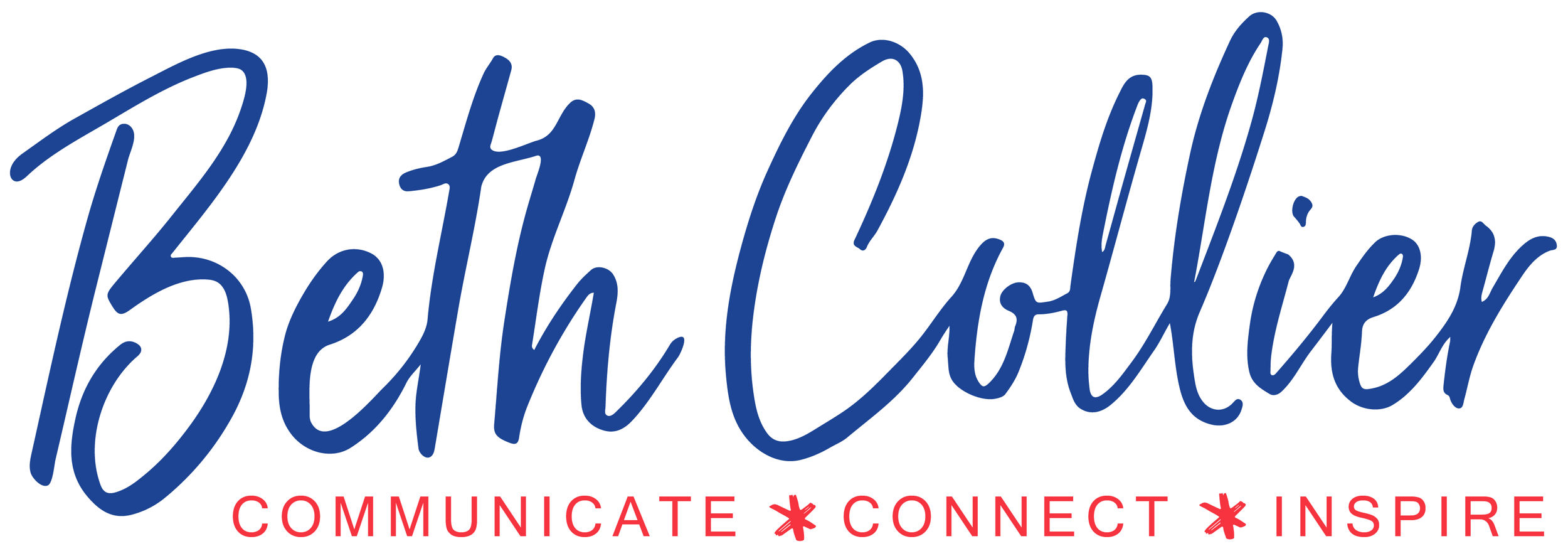Five Communication Lessons from The Fresh Prince
The Fresh Prince of Bel-Air made a 21-year-old rapper named Will Smith a star.
A big star.
It was 1990, and Smith was the center of a popular sitcom. But while the TV family seemed happy onscreen, there was tension behind the scenes.
The relationship between Smith and Janet Hubert, the actress who played his Aunt Viv, had soured. And in 1993, Hubert was replaced by another actress, Daphne Maxwell Reid.
Despite the absence of social media at that time, Hubert and Smith’s feud did become public, and both actors commented about the other in the press.
Smith went on to become a huge film star. Hubert, a Juilliard-trained performer, found her star faded. She had gained a reputation of being ‘difficult’ – and blamed Smith.
The feud continued
In August 2018, Hubert shared a video online where her pain and anger were evident. She told Smith she regretted taking the job on Fresh Prince, and wished he had thought about the consequences of his actions all those years ago.
Smith did not respond publicly, but as he prepared for a 30-year reunion with his fellow Fresh Prince castmates, he made a surprising decision. He decided it was time to heal.
He wanted to understand Janet’s experience, so he invited her to be part of the Anniversary special, and to have a 1-1 conversation with him.
She agreed. And their conversation offers important lessons on communication – and listening.
Seeking to understand
As they sat down, he first asked her about her experience.
She told Smith what her life was like before she left the show 27 years ago. She had a new baby, and her husband was out of work. She was offered a diminished role on the show that cut her salary and prevented her from taking other opportunities.
She ended up losing her house and her reputation, and felt Smith was the one who took it away from her.
She talked about how she was given the label of ‘angry Black woman’ – and how it had affected her. She felt disowned by her family and the Black community. She told Smith about the hateful things people have said to her over the years, and how their feud affected not just her, but her son and her family.
Smith listened.
He didn’t interrupt. He let her speak, even though it was clear that the conversation was emotional for him, too, as he wiped away tears.
Thank you for sharing
He then thanked her for sharing her experience, and told her it was new information for him. He didn’t argue or debate anything she said.
He then mirrored the vulnerability she had shown.
He told her that the 21-year-old Will was driven by fear, and felt like she hated him.
When she told him he took her career away, he was quiet. He listened and told her he didn’t realize the power of his words – and how they would affect her. He admitted he went ‘way too far’ and looked genuinely sorry and pained for how his words and actions affected her.
He showed empathy as he told her, “I can see now the level of pain and level of struggle it was for you just to to show up every day.”
And he acknowledged her contribution to the show – and his life.
“I could not do a 30-year celebration of this show and not celebrate you,” he told her.
She then leaned over and gave him a hug.
They smiled, and laughed, and apologized to each other.
“I appreciate you,” he said, as she smiled and patted his back.
The Takeaways
Smith wanted to make peace and heal the wounds. And at the end of the conversation, it appears he succeeded.
Here are five communication lessons Smith demonstrates:
Be curious: Smith told Hubert he didn’t know what her experience was, and asked for her story. He sought to understand rather than be understood.
Listen: Smith didn’t interrupt her. He didn’t interject or dispute anything she said. He gave her the space to share her feelings.
Show empathy: Smith showed empathy as Hubert talked about the pain their feud caused her son and her family. And he went a step further by being compassionate and giving her an opportunity to be heard – and heal her wounds.
Show appreciation: Smith showed appreciation by thanking Hubert for sharing her story, and he reciprocated her vulnerability by being vulnerable himself.
Validate: Smith didn’t argue with Hubert. He validated her story and acknowledged his role in her pain. He said he had been young, but he recognized and communicated that his actions and behaviour were flawed and hurtful.
After their talk, Hubert said, “I cannot tell you how unbelievable and wonderful it feels.”
“I’m so happy that’s behind me,” Smith said, “I’m so happy that we were able to make that reconciliation.”
Hubert added, “It’s a wound that’s been healed.”
Words are powerful.
They can hurt – but they can also help us heal.
